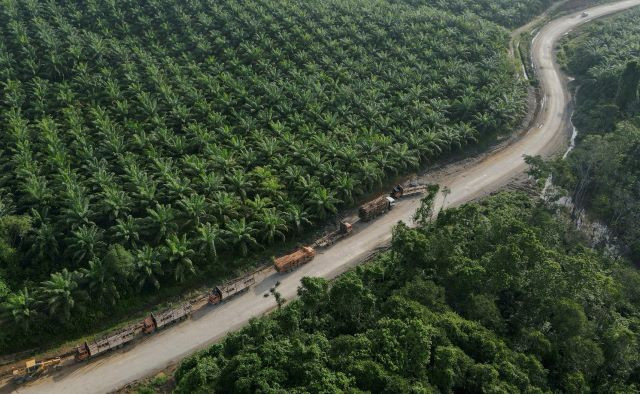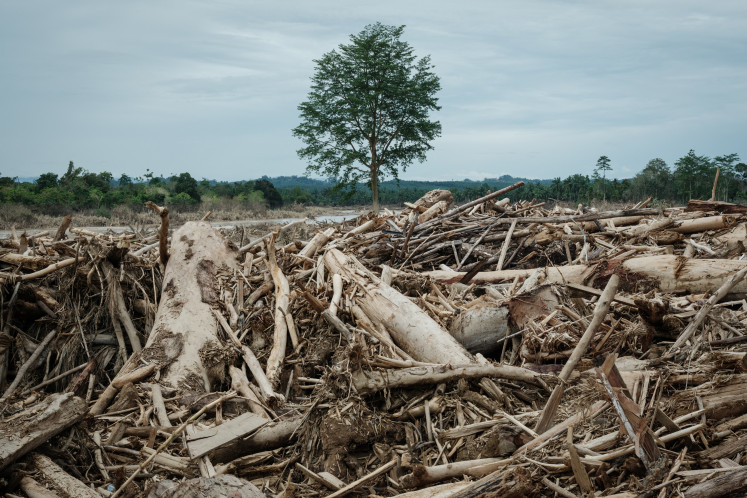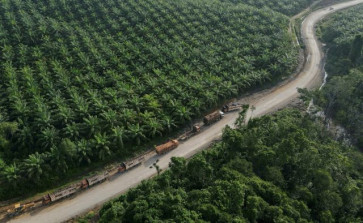Popular Reads
Top Results
Can't find what you're looking for?
View all search resultsPopular Reads
Top Results
Can't find what you're looking for?
View all search resultsNew EU sustainability rules will impact ASEAN industries
These directives rely on the assumption that the EU will have significant market power to increase the bar on environmental and human rights standards for developing-country businesses that are connected to it.
Change text size
Gift Premium Articles
to Anyone
T
wo recent developments in the European Union will affect ASEAN, namely the Corporate Sustainability Reporting Directive (CSRD) and the draft of Corporate Sustainability Due Diligence Directive (CSDD). There is a criterion within both of these directives that requires non-EU companies to comply with EU conditions.
The CSRD has been in force since January of this year while the CSDD, if passed, may come into effect in 2025.
The CSRD requires companies to report on their sustainability performance, including their social and environmental impacts. Meanwhile, the CSDD obliges companies to conduct due diligence toward their environmental and human rights impacts. As such, the two documents are highly interlinked; the due diligence processes introduced by the CSDD are expected to inform the sustainability reporting required by the CSRD.
Under CSRD, non-EU companies may be required to disclose detailed sustainability information that concerns both internal and external impacts and should therefore involve not only the company's perspective but also the perspectives of its stakeholders and the world at large through "double materiality".
The European Financial Reporting Advisory Group (EFRAG) is still discussing how to conduct assessments, including on double materiality, under CSRD.
CSRD applies to non-EU companies that are connected to the EU market in some way, such as ownership of a subsidiary in the EU, the existence of a branch in the EU or being a subsidiary of an EU company. There are other thresholds in which the CSRD applies, for example, in the case of an EU subsidiary, which needs to be considered a "large entity" or a public interest entity. Technically, the legal obligation would be on the entity located in the EU.
If a subsidiary is in the EU, then its non-EU parent company may need to prepare consolidated sustainability reports which could involve disclosure of the details of group-wide operations outside the EU. Another application of the CSRD applies if a non-EU company has a branch in the EU. If certain turnover criteria are met, the branch would then be required to publish a sustainability report of the individual company or its parent company.



















